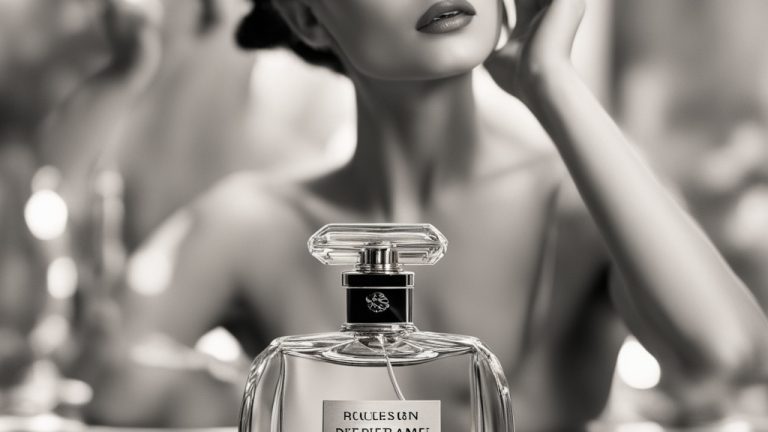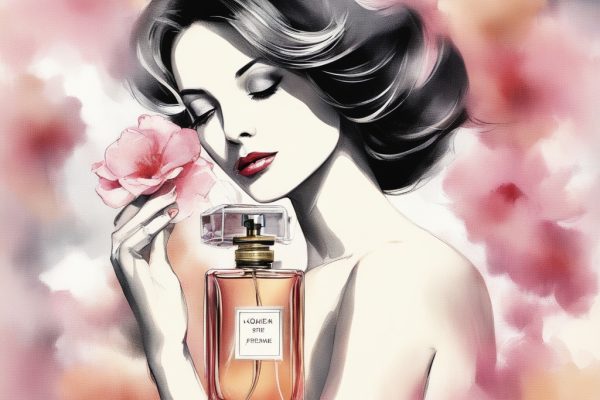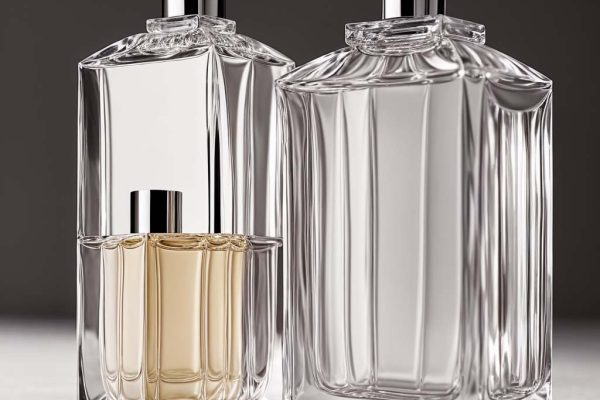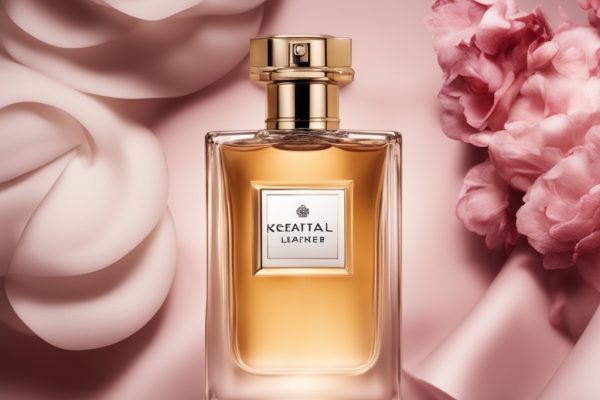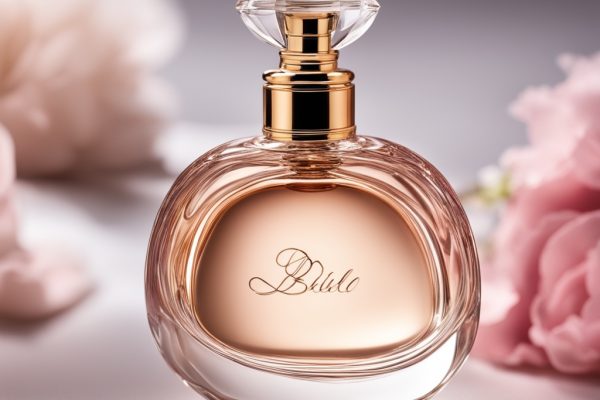Perfume has been used for centuries for a variety of purposes, including religious rituals, personal hygiene, and as a form of self-expression. It is an important part of many cultures around the world.

Perfume in Ancient Egypt
The ancient Egyptians were one of the first civilizations to use perfume. They believed that perfume was a gift from the gods and that it had magical properties. Perfume was used in religious rituals, as well as for personal hygiene and beauty.
The ancient Egyptians made perfume from a variety of ingredients, including flowers, herbs, spices, and resins. They used a variety of techniques to extract the scents from these ingredients, including distillation, enfleurage, and maceration.
Perfume in Ancient Greece and Rome
Perfume was also popular in ancient Greece and Rome. The Greeks used perfume in their athletic competitions and the Romans used it in their baths.
The ancient Greeks and Romans made perfume from a variety of ingredients, including flowers, herbs, spices, and resins. They also used animal products, such as musk and ambergris, in their perfumes.
Perfume in the Middle Ages
Perfume was less popular in Europe during the Middle Ages. This was due to the rise of Christianity, which viewed perfume as a symbol of vanity and worldliness.
However, perfume did continue to be used in the Middle East. The Arabs were particularly skilled in the art of perfumery and they developed many new techniques for extracting and blending scents.
Perfume in the Renaissance
Perfume became popular again in Europe during the Renaissance. This was due to the revival of interest in classical culture and the rise of humanism.
The Renaissance saw the development of new perfume-making techniques, such as the use of alcohol as a solvent. This allowed for the creation of lighter and more delicate perfumes.
Perfume in the 18th and 19th Centuries
Perfume became even more popular in the 18th and 19th centuries. This was due to the rise of the middle class and the increasing availability of luxury goods.
The 18th and 19th centuries saw the development of many new perfume brands, such as Chanel, Guerlain, and Dior. These brands created iconic perfumes that are still popular today.
Perfume in the 20th and 21st Centuries
Perfume continues to be popular in the 20th and 21st centuries. It is a multi-billion dollar industry and there are thousands of different perfumes on the market.
Perfume is now seen as a form of self-expression and it is used by people of all ages and genders.
The cultural significance of perfume
Perfume has a long and rich history. It has been used for centuries for a variety of purposes, including religious rituals, personal hygiene, and as a form of self-expression. Perfume is an important part of many cultures around the world.
The following are some of the cultural significance of perfume:
- Perfume can be used to express one’s personal style.
- Perfume can be used to make a good impression.
- Perfume can be used to evoke memories and emotions.
- Perfume can be used to create a sense of occasion.
- Perfume can be used to enhance one’s mood.
- Perfume can be used to boost one’s confidence.
- Perfume can be used to attract others.
Perfume is a powerful tool that can be used to enhance one’s life in many ways.

